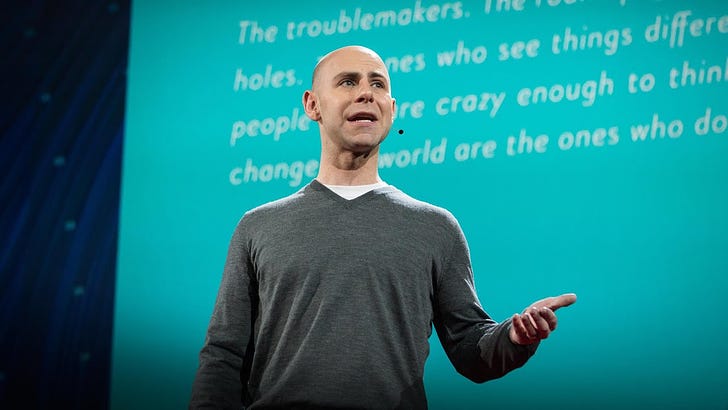From Dubai.
A. Technology Investing
While researching a few technology companies, I started looking at the open-source distributed teams movement.
It’s a counter-intuitive way to build a valuable company.
Open-source means, your source code is available for everyone to see, download for free and use.
Distributed means, that all your employees are scattere…


